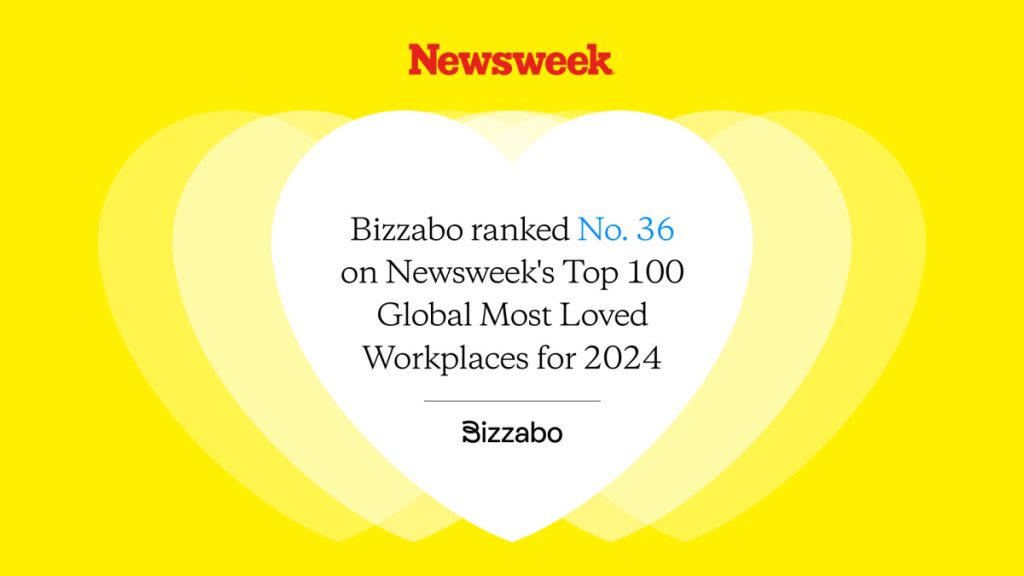Event Contingency Planning: How To Build a More Resilient Event Strategy


If event professionals have learned anything over the last two years, it’s that things can change drastically at any time. To make sure events go off smoothly in today’s uncertain business climate, event teams must be ready to respond quickly and with agility to shifting circumstances — like rising travel costs, labor shortages, and future pandemics.
“It’s hard enough right now to deal with things that you are planning for,” said Beth Surmount, vice president of event strategy and design at 360 Live Media, in a recent Bizzabo webinar on event contingency planning. “But last-minute changes? Those are almost impossible to manage.”
According to the Event Preparedness and Resilience Survey Report 2020, 86% of event planning teams say their risk management processes are “mature” or “emerging.” Despite this, just 16.6% of teams say they are “mission-ready” to respond to whatever event challenges come their way.
No matter how thorough your event strategy is, you can always make it more resilient. One way to do that is by implementing event contingency planning into the process and making scenario thinking a regular part of your team’s activities.
Understanding Scenario Thinking
Scenario thinking involves imagining several possible futures and asking yourself what you would do in each circumstance. In other words, it’s a way to use abstract thinking to prepare for all possible futures.
For example, if you’re planning an event later this summer, your scenario thinking exercises might involve some of these questions:
- What happens if the local COVID-19 situation becomes more serious?
- What do we do if transportation costs continue to increase and folks aren’t as keen on traveling to an in-person event?
- How will we manage our event if some team members leave the organization and we’re having difficulty filling their positions?
- What happens if supply chain issues prevent us from getting all the goods and supplies we need to execute our event experiences?
Although this list is by no means exhaustive, it should get you thinking in the right direction.
4 Steps to Incorporate Event Contingency Planning into Your Event Strategy
Upgrading your event strategy starts with creating and implementing processes that increase your chances of achieving the desired outcomes. In the webinar, Devin Cleary, Bizzabo’s vice president of global events, shares four steps for incorporating event contingency planning into your strategy:
1. Create an event contingency planning team.
The first step in the process is creating an event contingency planning team that includes members of the events team or — if you’re running the show yourself — a cross-functional team. Rather than assigning specific people to each role, highlight the type of skills or job title for each position (e.g., event marketer, event technician, Event Experience Leader). That way, if your organization experiences turnover, you won’t have to reinvent the wheel.
At this stage, it’s also essential to establish a hierarchical decision-making chain of command. When you lack this structure, things can get chaotic — and quickly. Lastly, you’ll also want to set means and modes for team communications (e.g., a dedicated Slack channel). This way, everyone knows exactly where to find the information they need.

2. Conduct scenario thinking exercises.
Once you’ve built your team, you’ll need to schedule regular contingency planning and scenario thinking exercises. At Bizzabo, we aim to tackle roughly 20 such scenarios in our meetings, so we’re not caught off guard by situations that are most likely to occur.
Periodically, we also conduct contingency hackathons where we bring in a mixed group of folks — including support teams, vendors, and teammates — and work together to identify things that could go wrong. This way, we leverage multiple perspectives and decrease the chances something slips through the cracks.
3. Manage run-of-show exercises.
After our event strategy is complete and the elements of our program are in place, we do the run-of-show exercise to identify areas that might not go as planned. For example, what happens if a speaker doesn’t show up? We are particularly attentive to areas that are more likely to not go according to plan, and we ensure we have backup plans in place that enable us to keep our event on track in the event something goes wrong.

4. Hold rehearsals.
Finally, our team conducts rehearsals and runs through what we suspect will be some of the more unpredictable parts of the event. We invite senior executives to participate in these rehearsals because it creates an element of stress, which helps us prepare for what will undoubtedly be a stressful day when it arrives. After doing three or four of these exercises, we become confident in our ability to put on a smooth event in many circumstances.
Although these four steps are essential for event contingency planning, it’s important to moderate the number of resources and energy you put into each event. For example, you should spend considerably more time doing contingency planning for a flagship event than a one-off webinar.
Uplevel Your Event Strategy with Event Contingency Planning
The most effective event professionals know that things will never go as planned. But because they spend a lot of time preparing for unexpected outcomes, they’re comfortable with the idea of being uncomfortable when things go awry.
Ready to build a more resilient event strategy? Watch our on-demand webinar — Moving Forward No Matter What: How to Navigate Event Uncertainty — and learn more about what you can do to ensure your next event is one for the ages.



